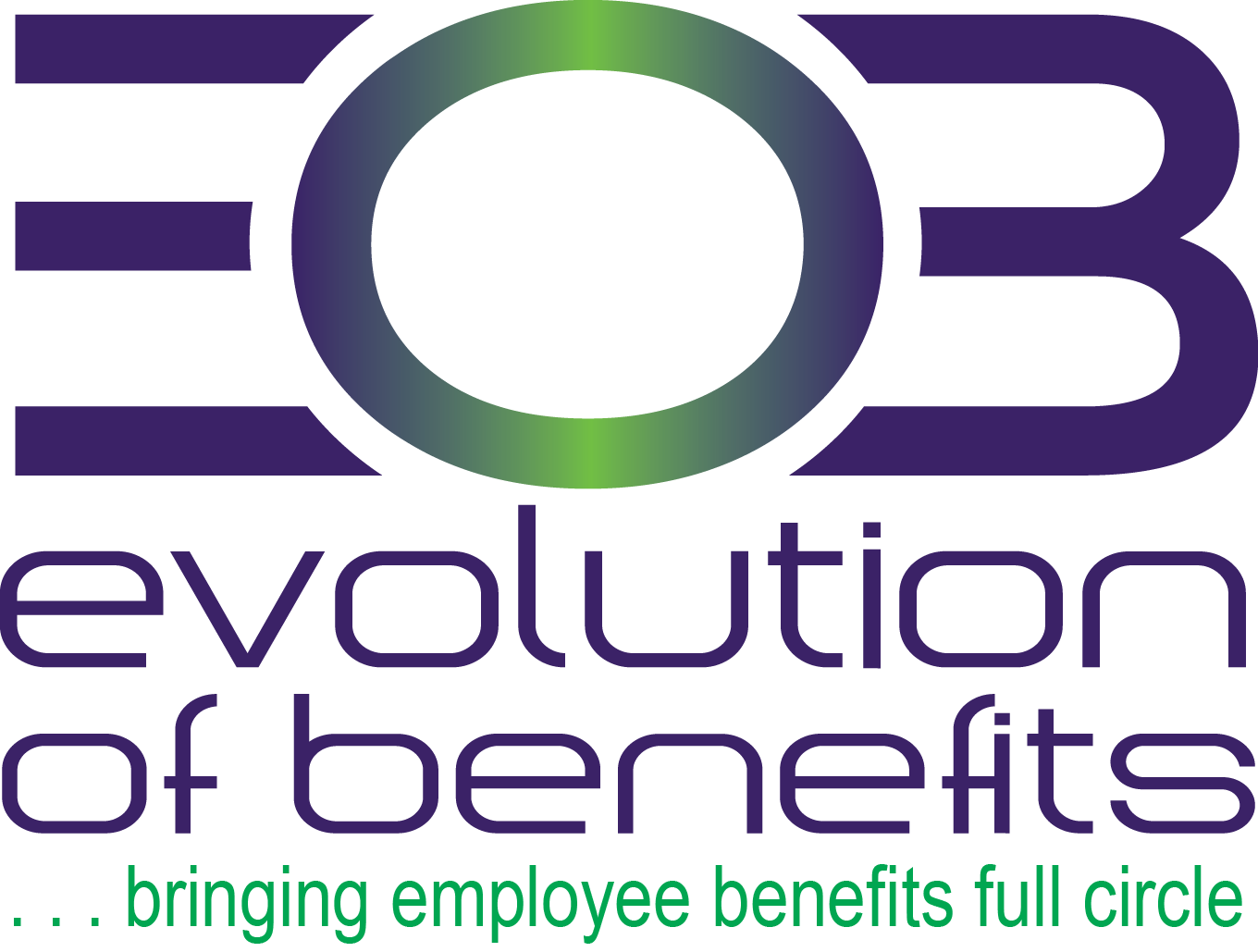Helping Employees Manage Out-of-Pocket Medical Expenses


The rising cost of health care, including prescription drugs, has made it increasingly difficult for employees to afford medical care. Employees may forgo medical care to avoid out-of-pocket costs, even when such care is recommended or necessary. Employees who do receive medical care may struggle to pay their health care bills. High-deductible health plans (HDHPs) can help employees by keeping premium costs manageable, but they can also create more financial risk for employees until the deductible is met.
HSA/HDHP Limits Will Increase for 2026 (May)

On May 1, 2025, the IRS released Revenue Procedure 2025-19 to provide the inflation-adjusted limits for health savings accounts (HSAs) and high deductible health plans (HDHPs) for 2026. The IRS is required to publish these limits by June 1 of each year. These limits include the following:
• The maximum HSA contribution limit;
• The minimum deductible amount for HDHPs; and
• The maximum out-of-pocket expense limit for HDHPs.
Health Plan Deductibles and OOPMs – Key Concepts for Employers (May)

Deductibles and out-of-pocket maximums (OOPMs) are important costsharing parameters for health plans. A deductible is the amount an individual must pay in covered health care expenses each year before the health plan starts paying. An OOPM is the overall limit on an individual’s annual out-ofpocket spending on covered health care expenses. Once an individual reaches their OOPM, their health plan pays 100% of covered expenses for the rest of the year. Generally, health plans with higher cost-sharing limits have lower monthly premiums than health plans with lower deductibles and OOPMs.
Overview of State Pay Transparency Laws

There is currently no federal law that requires employers to disclose salary information to job applicants or employees. However, a growing number of states have enacted legislation that requires employers to disclose wage or other compensation information to applicants or employees under pay transparency laws. Colorado’s pay transparency law, which took effect in 2021, was the first such law. Since then, 14 additional states (including the District of Columbia) have passed pay transparency laws. Currently, pay transparency laws have been enacted in the following states: Click the link below.
Keeping Up with Compliance Quarterly

Keeping up with compliance developments can be difficult and time-consuming. This quarterly update highlights recent legal developments to help your organization stay on top of new requirements and minimize compliance risks.
For more information on these topics, please contact Evolution of Benefits.
Form 5500 Deadline Is July 31

Each year, employers that are subject to the Employee Retirement Income Security Act of 1974 (ERISA) must electronically file an annual report (Form 5500) for each employee benefit plan they maintain unless a filing exemption applies.
Voluntary Benefits – ERISA Compliance Exemption

Voluntary benefits are optional benefits that employers may offer to enhance their traditional benefits packages. Offering voluntary benefits allows an employer to include a variety of benefits that are attractive to employees in their benefits package without adding to their organization’s costs. While voluntary benefits are typically employee-paid, payments can be automatically deducted from employees’ paychecks and remitted to the insurance carrier.
 IRA Changes to Medicare Part D May Impact Employer Plans
IRA Changes to Medicare Part D May Impact Employer Plans (March)
(March)

The Inflation Reduction Act of 2022 (IRA) includes several cost-reduction provisions to Medicare Part D plans that are designed to help beneficiaries but may also impact employer-sponsored health plans.
891339 IRA Changes to Medicare Part D May Impact Employer Plans.docx
 Employers Should Start Preparing for 2025 RxDC Reporting
Employers Should Start Preparing for 2025 RxDC Reporting (March)
(March)

Group health plans and health insurance issuers must annually submit detailed information on prescription drug and health care spending to the Centers for Medicare & Medicaid Services {CMS). This reporting is referred to as the “prescription drug data collection” (or “RxDC report”). The next RxDC report is due by Sunday, June 1, 2025, covering data for 2024.
Employers Should Start Preparing for 2025 RxDC Reporting.docx
Compliance Tracker – October

No key compliance deadlines for November 2024.
Year-end Compliance Reminders
As 2024 approaches its end, employers should review their compliance to ensure that all required activities will be completed by the end of the year. In addition, as the end of the year approaches,
employers should consider reminding employees what happens to unused funds in their health FSAs, dependent care FSAs and HRAs at the end of the year and remind employees of the company’s policy for unused PTO at the end of the year.





























